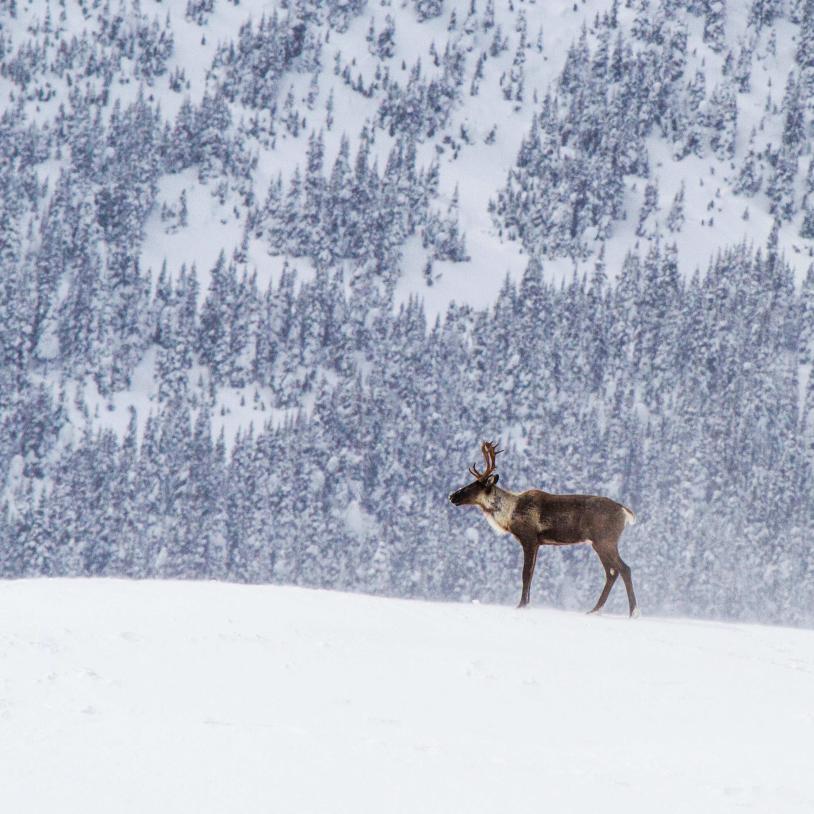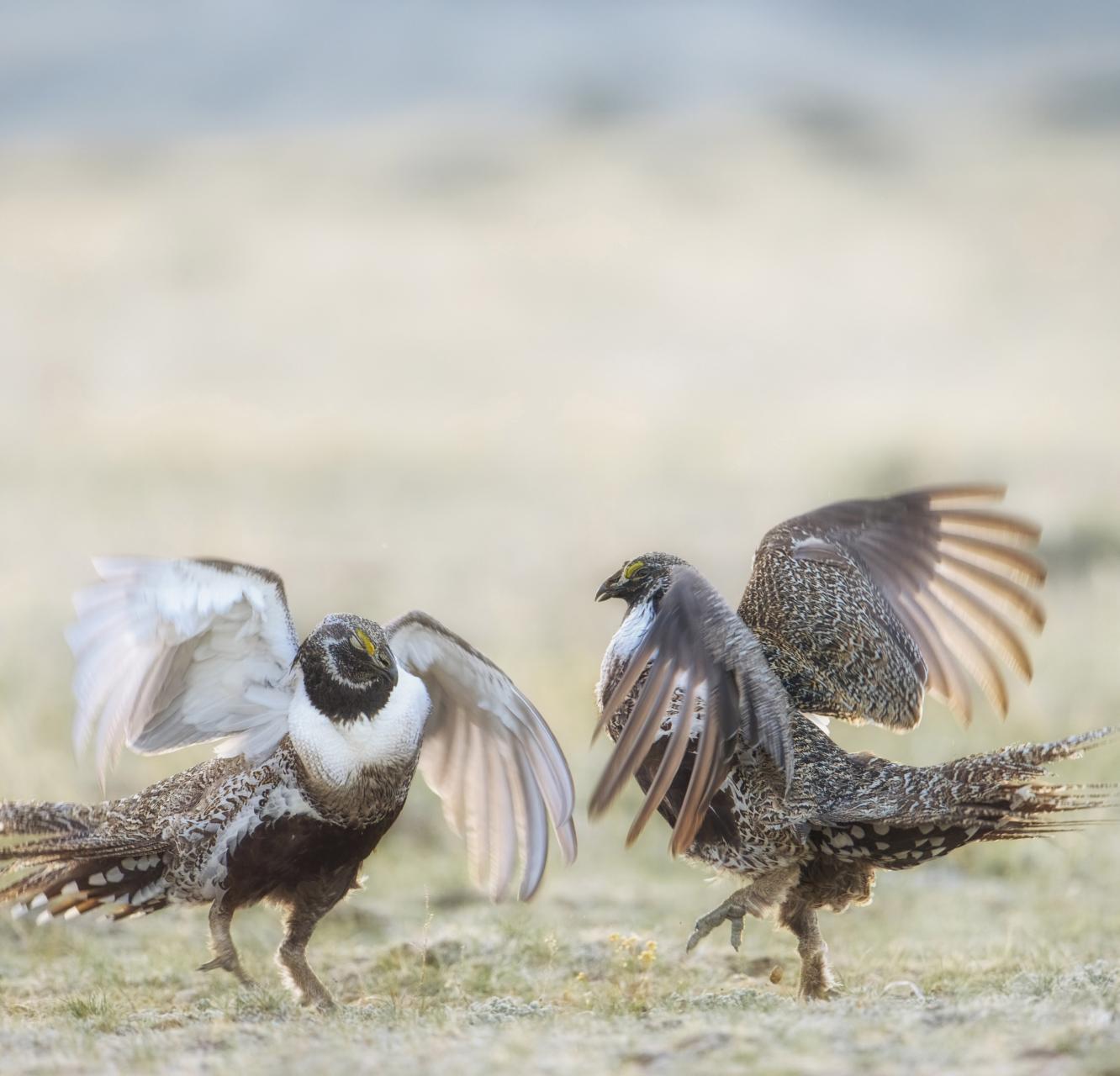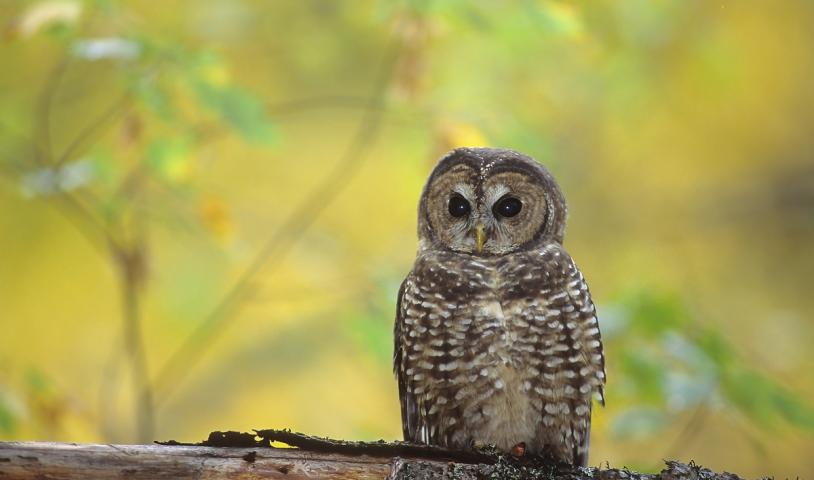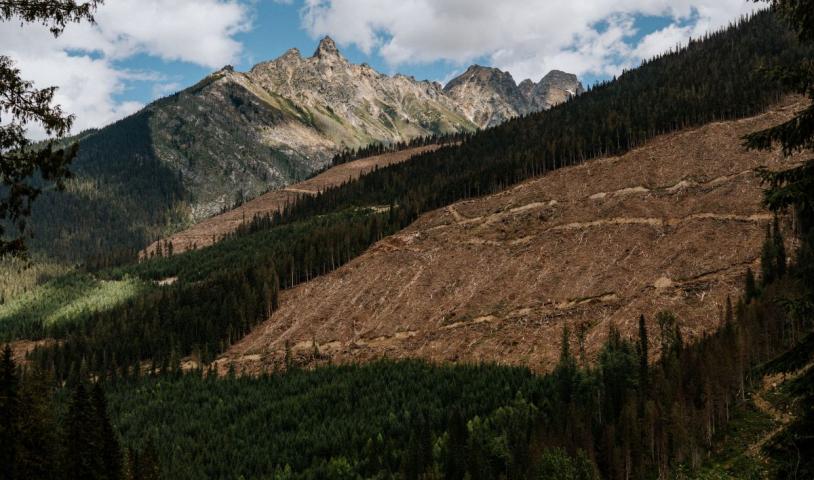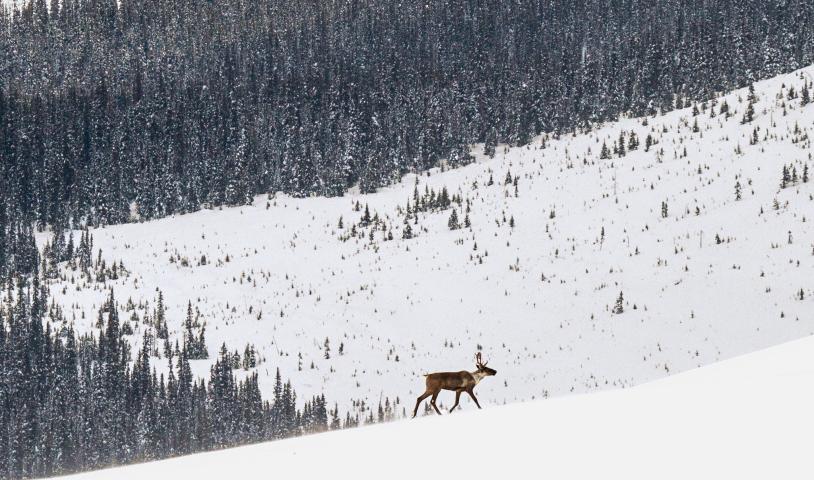Bear Hunting Under Spotlight
Saturday, October 17, 2015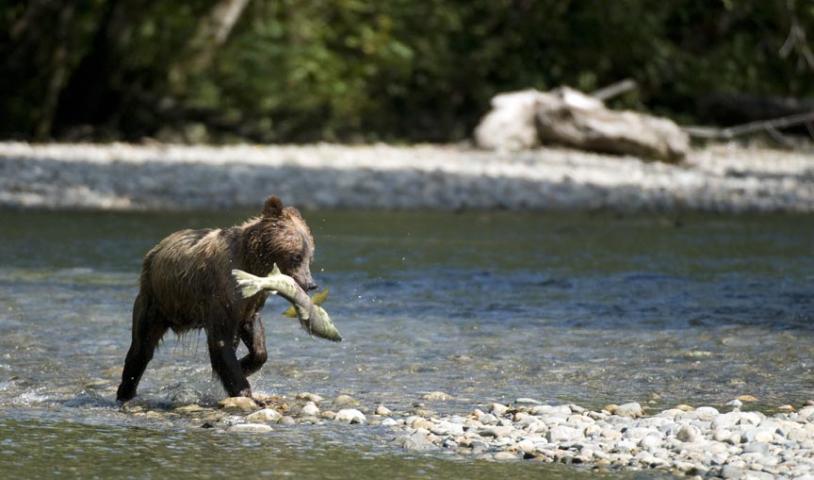
In Canada, the high-profile case of a hockey player charged with illegal bear hunting has re-opened the debate over killing wildlife for sport.
It also follows the killing of Cecil the Lion in Zimbabwe, which drew international outrage earlier this year.
CRI's Victor Ning has more.
Canadian ice hockey player Clayton Stoner has been charged with illegally shooting a grizzly bear in British Columbia.
He is accused of two counts of falsifying statements to obtain a hunting license.
Stoner is also accused of hunting out of season, without a license and unlawfully possessing dead wildlife related to the shooting of a bear.
The case has shined a spotlight on trophy hunting in Canada.
A large number of grizzly bears live in British Columbia's Great Bear Rainforest, one of the richest unprotected wildlife habitats.
It's legal to hunt black bears and grizzlies there.
About three hundred grizzly bears are killed by trophy hunters every year in the province.
Gwen Barlee, from the Wilderness Committee, says many Canadians are opposed to the practice of hunting bears.
"The vast majority of British Columbians are opposed to it and to kill this majestic bear, for pleasure, for sport, for a trophy or for being a rug, that just strikes people as wrong and it strikes them as wrong whether you live in a rural community in British Columbia or whether you live in the city".
British Columbia's government claims there are 15,000 grizzly bears across the province, but environmentalists fear the number is as low as 6,000.
Foreign hunters are the main shooters of grizzly bears in the region. They have to be accompanied by a tour operator. Operators charge up to 25,000 Canadian dollars, or just below 20,000 USD, to kill a Grizzly.
Resident hunters have to pay 1000 Canadian dollars, or around 800 USD, for a hunting license each year, but there is a lottery system to obtain a license.
Research results show only 1.9% of resident hunters identify themselves as trophy hunters.
Alan Martin, President with the British Colombia Wildlife Federation, which represents the interests of 100,000 resident hunters in the province, says negative media coverage tarnishes all hunters.
"It is damaging because it affects, perception of, of hunting and hunters. I think that the focus is on, not the benefits of hunting but individual incidences where, there was inappropriate behaviour that is not certainly not condoned by the, by the BC Wildlife Federation or the hunting population at large."
The federation says there is a clear distinction between hunting for food and hunting for sport, and for most hunters it's just an opportunity to experience nature.
The killing of grizzly bears and the Zimbabwean lion Cecil have incited widespread public mourning and sparked a major debate on the ethics of trophy hunting.
But proponents argue that it brings millions into the local economy. Wildlife is a serious business in British Columbia, generating 1.5 billion Canadian dollars, or 1.2 billion US dollars, and sustaining 26,000 jobs.
